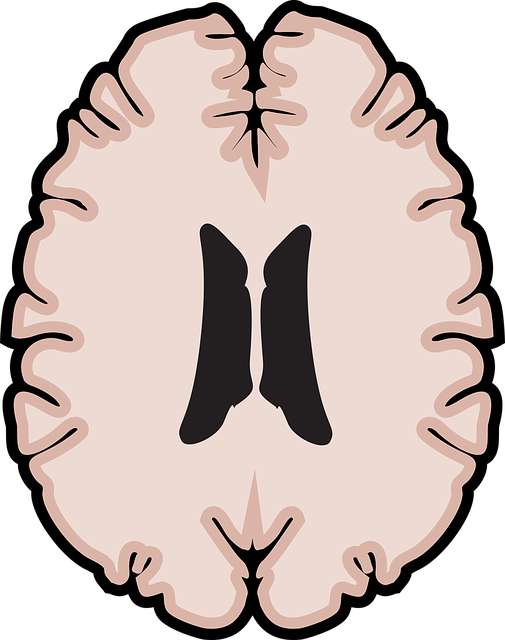Social skills training is a powerful tool within Longmont Child Abuse Therapy to address mental health conditions. By teaching communication, empathy, and emotional regulation, this training overcomes isolation and low self-esteem, enhancing quality of life. Through structured environments, role-playing, and cognitive-behavioral exercises, individuals develop essential social interaction skills, fostering emotional intelligence and resilience. Setting small goals, active listening, and understanding needs lead to improved social well-being.
Social skills training plays a pivotal role in managing mental health conditions, especially for individuals who have experienced challenges like child abuse. This article explores the intricate connection between social skills and mental wellness, highlighting how therapy serves as a powerful tool to teach and enhance these skills. We will delve into practical strategies for practicing effective social interactions, tailored advice from Longmont Child Abuse Therapy experts, and real-world examples demonstrating the transformative power of these programs.
- Understanding the Link Between Social Skills and Mental Health
- The Role of Therapy in Teaching and Enhancing Social Skills
- Strategies for Practicing and Developing Effective Social Interaction Abilities
Understanding the Link Between Social Skills and Mental Health

Social skills training is a powerful tool in addressing mental health conditions, especially for individuals who have experienced challenges such as Longmont Child Abuse Therapy. The link between social skills and mental well-being is profound; effective communication, empathy, and interpersonal relationships are integral to fostering positive mental health awareness and emotional intelligence.
In many cases, mental health issues can hinder an individual’s ability to interact socially, leading to feelings of isolation and low self-esteem. By incorporating confidence-boosting techniques into therapy, individuals learn to navigate social situations with greater ease, thereby improving their overall quality of life. Mental health awareness and emotional intelligence go hand in hand; as social skills enhance, so does an individual’s capacity to recognize and manage their emotions, leading to a more resilient mindset.
The Role of Therapy in Teaching and Enhancing Social Skills

Social skills training is a vital component of therapy for individuals with mental health conditions, especially in Longmont Child Abuse Therapy settings. Through structured and supportive environments, therapists can teach essential social cues, communication techniques, and emotional regulation strategies that may have been overlooked or challenging to acquire due to trauma or other psychological barriers. This process empowers clients to navigate interpersonal interactions more confidently and effectively.
In the context of mental health care, therapy goes beyond mere talk sessions; it offers a practical approach to learning and mastering social skills. Therapists can incorporate various techniques, such as role-playing scenarios and cognitive-behavioral exercises, to enhance emotional intelligence and positive thinking. By conducting thorough risk assessments for mental health professionals, ensuring a safe and non-judgmental space, therapists can foster an environment conducive to exploring and improving social interactions, ultimately contributing to the holistic healing process.
Strategies for Practicing and Developing Effective Social Interaction Abilities

Developing effective social interaction skills requires consistent practice and a commitment to learning. At Longmont Child Abuse Therapy, we emphasize Mind Over Matter Principles to help individuals with mental health conditions navigate social situations with confidence. Start by setting small, achievable goals and gradually increasing challenges. For example, initiating conversations with familiar faces or engaging in brief interactions at local cafes can mark significant steps forward.
Encourage the practice of active listening—a cornerstone of healthy communication. This involves paying close attention to speakers, asking clarifying questions, and providing thoughtful responses. Additionally, role-playing scenarios can help simulate real-life interactions, fostering emotional regulation and inner strength development. Through these strategies, individuals can cultivate a deeper understanding of their own needs and those of others, ultimately enhancing their social skills and overall well-being.
Social skills training plays a pivotal role in managing mental health conditions, offering individuals tools to navigate social interactions with confidence. By addressing the link between social abilities and mental well-being, therapy provides effective strategies for personal growth. As discussed, these include therapeutic intervention, practical techniques, and consistent practice. For parents seeking support, Longmont Child Abuse Therapy offers specialized programs tailored to enhance social skills in children, fostering healthier relationships and improved mental health outcomes.














